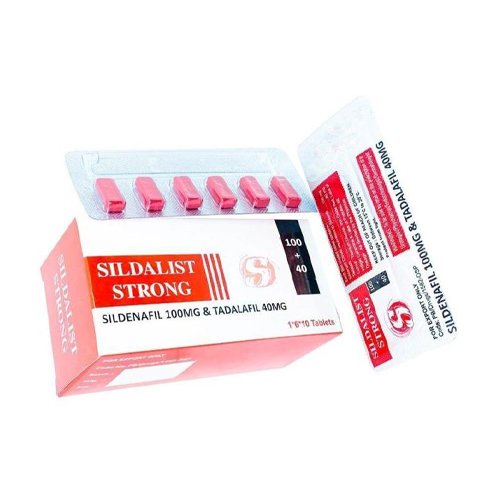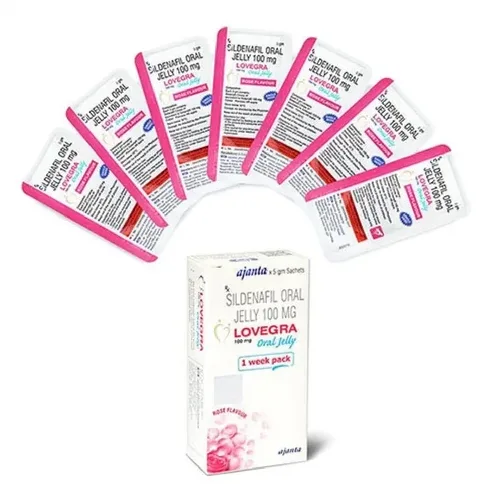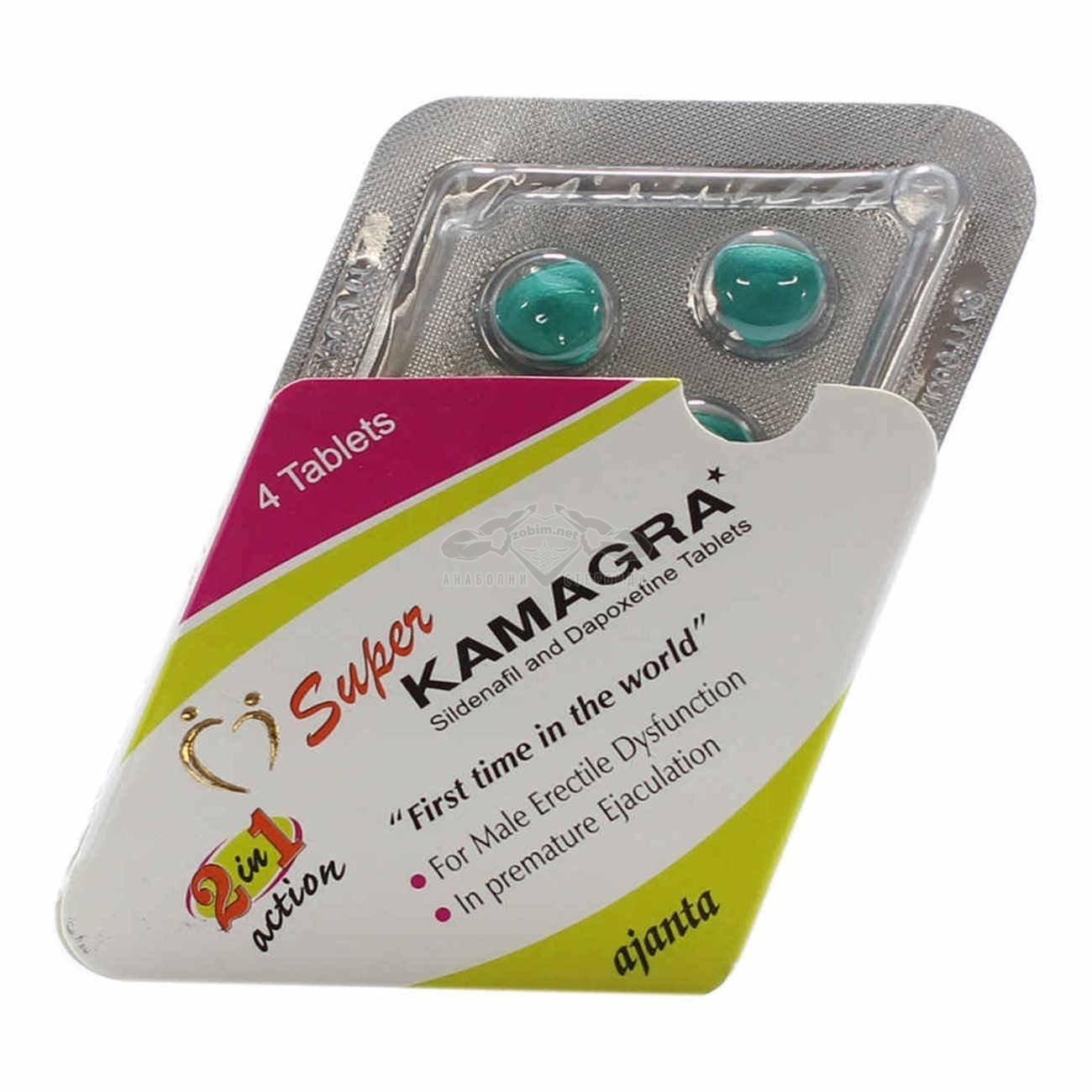The Link Between ED and Low Sperm Count
Are you struggling with erectile dysfunction (ED) and concerned about your fertility? You’re not alone. Many men grappling with ED often wonder if their condition could be linked to a low sperm count. The truth is, these two issues can be more closely connected than you might think.
Imagine the frustration of dealing with ED, only to discover that it might also be impacting your ability to conceive. It’s a double whammy that can leave you feeling helpless and confused. 😕 But don’t lose hope! Understanding the link between ED and low sperm count is the first step towards addressing both concerns and reclaiming your sexual health and fertility.
In this blog post, we’ll dive deep into the connection between ED and low sperm count, exploring common causes, physiological links, and psychological factors. We’ll also discuss diagnosis, treatment options, and prevention strategies to help you take control of your reproductive health. By the end, you’ll have a clearer picture of how these two conditions intertwine and what you can do about it. Let’s unravel this complex relationship and empower you with knowledge! 💪
Understanding ED and Low Sperm Count
Defining Erectile Dysfunction (ED)
Erectile Dysfunction (ED) is a common male sexual health issue characterized by the inability to achieve or maintain an erection sufficient for satisfactory sexual performance. This condition can significantly impact a man’s quality of life, self-esteem, and relationships. ED can be:
- Occasional: Difficulty getting an erection sometimes
- Frequent: Regular challenges in achieving or maintaining an erection
- Complete: Unable to get an erection at any time
Explaining Low Sperm Count
Low sperm count, also known as oligospermia, is a condition where a man’s semen contains fewer sperm than normal. A low sperm count is typically defined as:
- Less than 15 million sperm per milliliter of semen
- Less than 39 million sperm per ejaculate
This condition can make it more challenging for couples to conceive naturally and may contribute to male infertility.
Prevalence of Both Conditions
Both ED and low sperm count are relatively common issues affecting male reproductive health:
- ED affects approximately 30 million men in the United States alone
- About 1 in 3 men may experience ED at some point in their lives
- Low sperm count affects about 10-15% of couples trying to conceive
Interestingly, these conditions often coexist, suggesting a potential link between erectile function and sperm production. As we delve deeper into the common causes linking ED and low sperm count, we’ll explore how these two conditions may be interconnected and what this means for male reproductive health.
Common Causes Linking ED and Low Sperm Count
Hormonal Imbalances
Hormonal imbalances play a crucial role in both erectile dysfunction (ED) and low sperm count. Testosterone, the primary male sex hormone, is essential for maintaining erectile function and sperm production. When testosterone levels drop, it can lead to:
- Decreased libido
- Difficulty achieving or maintaining erections
- Reduced sperm production
- Lower sperm quality
Other hormones, such as follicle-stimulating hormone (FSH) and luteinizing hormone (LH), also impact sperm production and sexual function.
Lifestyle Factors
Several lifestyle choices can contribute to both ED and low sperm count:
- Smoking: Reduces blood flow and damages sperm DNA
- Excessive alcohol consumption: Lowers testosterone and impairs sperm production
- Obesity: Affects hormone levels and reduces sperm quality
- Lack of exercise: Decreases overall health and sexual function
- Poor diet: Impacts hormonal balance and sperm health
Medical Conditions
Various medical conditions can simultaneously affect erectile function and sperm production:
- Diabetes: Damages blood vessels and nerves crucial for erections and sperm health
- Hypertension: Impairs blood flow, affecting both erectile function and sperm production
- Thyroid disorders: Disrupt hormonal balance, impacting sexual function and fertility
Genetic Factors
Certain genetic conditions can contribute to both ED and low sperm count:
- Klinefelter syndrome: Affects testosterone production and sperm development
- Cystic fibrosis: Can cause absence of sperm ducts
- Y chromosome microdeletions: Impact sperm production and quality
Understanding these common causes helps in developing targeted treatment strategies for men experiencing both ED and low sperm count. Next, we’ll explore the physiological connection between these two conditions in more detail.
The Physiological Connection
Impact of Testosterone Levels
Testosterone plays a crucial role in both erectile function and sperm production. Low testosterone levels can significantly impact both conditions:
- Erectile Dysfunction: Testosterone is essential for maintaining libido and facilitating erections.
- Sperm Production: Adequate testosterone levels are necessary for optimal sperm production and maturation.
When testosterone levels are low, it can lead to a decrease in both erectile function and sperm count, creating a direct physiological link between ED and low sperm count.
Role of Blood Flow in Both Conditions
Proper blood flow is vital for both erectile function and sperm production:
- Erectile Function: Adequate blood flow to the penis is crucial for achieving and maintaining erections.
- Sperm Production: The testicles require sufficient blood supply for optimal sperm production and maturation.
Conditions that affect blood flow, such as cardiovascular disease or diabetes, can contribute to both ED and low sperm count simultaneously.
Nervous System Involvement
The nervous system plays a significant role in coordinating both erectile function and sperm production:
- Erectile Function: The nervous system controls the relaxation of smooth muscles in the penis, allowing for increased blood flow and erections.
- Sperm Production: The nervous system regulates hormone production and testicular function, which are essential for sperm production.
Neurological disorders or injuries can potentially affect both processes, leading to ED and low sperm count. Understanding these physiological connections can help in developing comprehensive treatment approaches that address both conditions simultaneously.
Psychological Factors Affecting Both Conditions
Stress and Anxiety
Stress and anxiety can significantly impact both erectile dysfunction (ED) and low sperm count. These psychological factors can interfere with normal sexual function and reproductive health in several ways:
- Hormonal imbalance: Chronic stress elevates cortisol levels, which can disrupt testosterone production, affecting both erectile function and sperm production.
- Reduced libido: High stress levels often lead to decreased sexual desire, potentially contributing to ED.
- Poor lifestyle choices: Stress may lead to unhealthy coping mechanisms like excessive alcohol consumption or smoking, which can negatively affect both ED and sperm count.
Depression
Depression is another psychological factor that can contribute to both ED and low sperm count:
- Neurotransmitter imbalance: Depression alters brain chemistry, affecting sexual desire and function.
- Medication side effects: Some antidepressants can cause ED and potentially impact sperm production.
- Reduced physical activity: Depression often leads to a sedentary lifestyle, which can negatively affect overall sexual health.
Self-Esteem and Body Image
Poor self-esteem and negative body image can also play a role in both conditions:
- Performance anxiety: Low self-esteem can lead to anxiety about sexual performance, potentially causing or exacerbating ED.
- Hormonal changes: Negative body image may lead to unhealthy dieting or over-exercising, which can disrupt hormonal balance and affect both ED and sperm count.
- Avoidance behavior: Poor self-image might cause individuals to avoid sexual situations, potentially worsening ED symptoms and reducing opportunities for conception.
Addressing these psychological factors is crucial for improving both erectile function and sperm count. Seeking professional help, such as therapy or counseling, can be beneficial in managing these issues and improving overall sexual health.
Diagnosis and Testing
ED Assessment Methods
When diagnosing erectile dysfunction (ED), healthcare providers employ various techniques to determine the underlying causes. These methods include:
- Physical examination
- Medical history review
- Psychological evaluation
- Blood tests for hormone levels
- Nocturnal penile tumescence (NPT) test
One of the most common diagnostic tools is the International Index of Erectile Function (IIEF), a questionnaire that helps assess the severity of ED symptoms.
Sperm Count Analysis
Evaluating sperm count is crucial in understanding male fertility issues. The process typically involves:
- Semen analysis: This test measures sperm count, motility, and morphology.
- Multiple samples: To account for natural variations, at least two samples are usually collected.
- Specialized tests: In some cases, additional tests like DNA fragmentation analysis may be recommended.
A normal sperm count is generally considered to be at least 15 million sperm per milliliter of semen. Lower counts may indicate potential fertility issues.
Comprehensive Health Evaluation
To fully understand the link between ED and low sperm count, a comprehensive health evaluation is essential. This may include:
- Hormonal profile testing
- Ultrasound examinations
- Genetic testing
- Lifestyle assessment
- Evaluation of chronic health conditions
By conducting a thorough evaluation, healthcare providers can identify underlying factors contributing to both ED and low sperm count, allowing for more targeted and effective treatment strategies.
Treatment Options
Medications
Treating both erectile dysfunction (ED) and low sperm count often involves a multi-faceted approach, starting with medications. For ED, phosphodiesterase type 5 (PDE5) inhibitors like sildenafil, tadalafil, and vardenafil are commonly prescribed. These medications enhance blood flow to the penis, facilitating erections. For low sperm count, doctors may recommend hormonal treatments such as:
- Gonadotropins to stimulate sperm production
- Clomiphene citrate to increase testosterone levels
- Anastrozole to reduce estrogen levels in men
It’s crucial to consult a healthcare professional for personalized medication plans, as some ED treatments may affect sperm quality.
Lifestyle Changes
Implementing lifestyle modifications can significantly improve both ED and sperm count:
- Maintain a healthy weight
- Exercise regularly
- Quit smoking and limit alcohol consumption
- Manage stress through relaxation techniques
- Eat a balanced diet rich in antioxidants
- Get adequate sleep
These changes not only boost overall health but also enhance reproductive function and sexual performance.
Psychological Interventions
Mental health plays a crucial role in sexual function and fertility. Psychological interventions can include:
- Cognitive-behavioral therapy (CBT)
- Stress management techniques
- Couples counseling
- Sex therapy
These approaches help address underlying psychological factors contributing to ED and potentially impacting sperm production.
Assisted Reproductive Technologies
For couples struggling with both ED and low sperm count, assisted reproductive technologies (ART) offer hope. Options include:
- Intrauterine insemination (IUI)
- In vitro fertilization (IVF)
- Intracytoplasmic sperm injection (ICSI)
These techniques can bypass some of the challenges posed by ED and low sperm count, increasing the chances of successful conception.
With a comprehensive treatment plan addressing both physical and psychological aspects, many men can effectively manage ED and low sperm count, improving their overall reproductive health and quality of life.
Prevention Strategies
Maintaining a Healthy Diet
A balanced diet plays a crucial role in preventing both erectile dysfunction and low sperm count. Focus on:
- Antioxidant-rich foods: Berries, leafy greens, and nuts
- Omega-3 fatty acids: Found in fatty fish, flaxseeds, and walnuts
- Zinc-rich foods: Oysters, pumpkin seeds, and lean meats
- Vitamin C: Citrus fruits, bell peppers, and broccoli
These nutrients support overall reproductive health and can improve sperm quality and erectile function.
Regular Exercise
Incorporating regular physical activity into your routine can significantly benefit male reproductive health:
- Aim for at least 150 minutes of moderate-intensity exercise per week
- Include both cardio and strength training exercises
- Consider activities like swimming, jogging, or cycling
Exercise helps maintain a healthy weight, improves blood circulation, and boosts testosterone levels, all of which contribute to better erectile function and sperm production.
Stress Management
Chronic stress can negatively impact both erectile function and sperm count. Implement stress-reduction techniques such as:
- Meditation or mindfulness practices
- Deep breathing exercises
- Yoga or tai chi
- Regular relaxation time
Avoiding Harmful Substances
Certain substances can have detrimental effects on male reproductive health. To prevent ED and low sperm count:
- Limit alcohol consumption
- Quit smoking or avoid tobacco products
- Reduce caffeine intake
- Avoid exposure to environmental toxins and chemicals
By implementing these prevention strategies, you can significantly reduce the risk of developing erectile dysfunction and low sperm count. Remember, maintaining overall health is key to preserving sexual and reproductive function. In the next section, we’ll explore how these prevention strategies can be integrated into a comprehensive treatment plan for those already experiencing ED or low sperm count.
Conclusion
Erectile dysfunction (ED) and low sperm count are interconnected issues that can significantly impact a man’s reproductive health and overall well-being. From shared physiological causes to psychological factors, these conditions often go hand in hand, requiring a comprehensive approach to diagnosis and treatment. By addressing underlying health issues, making lifestyle changes, and seeking appropriate medical interventions, men can improve both their erectile function and sperm production.
Taking proactive steps towards a healthier lifestyle, such as maintaining a balanced diet, exercising regularly, and managing stress, can play a crucial role in preventing and managing both ED and low sperm count. If you’re experiencing symptoms related to either condition, don’t hesitate to consult a healthcare professional. With proper care and attention, it’s possible to overcome these challenges and improve your reproductive health, ultimately enhancing your overall quality of life.













Add comment